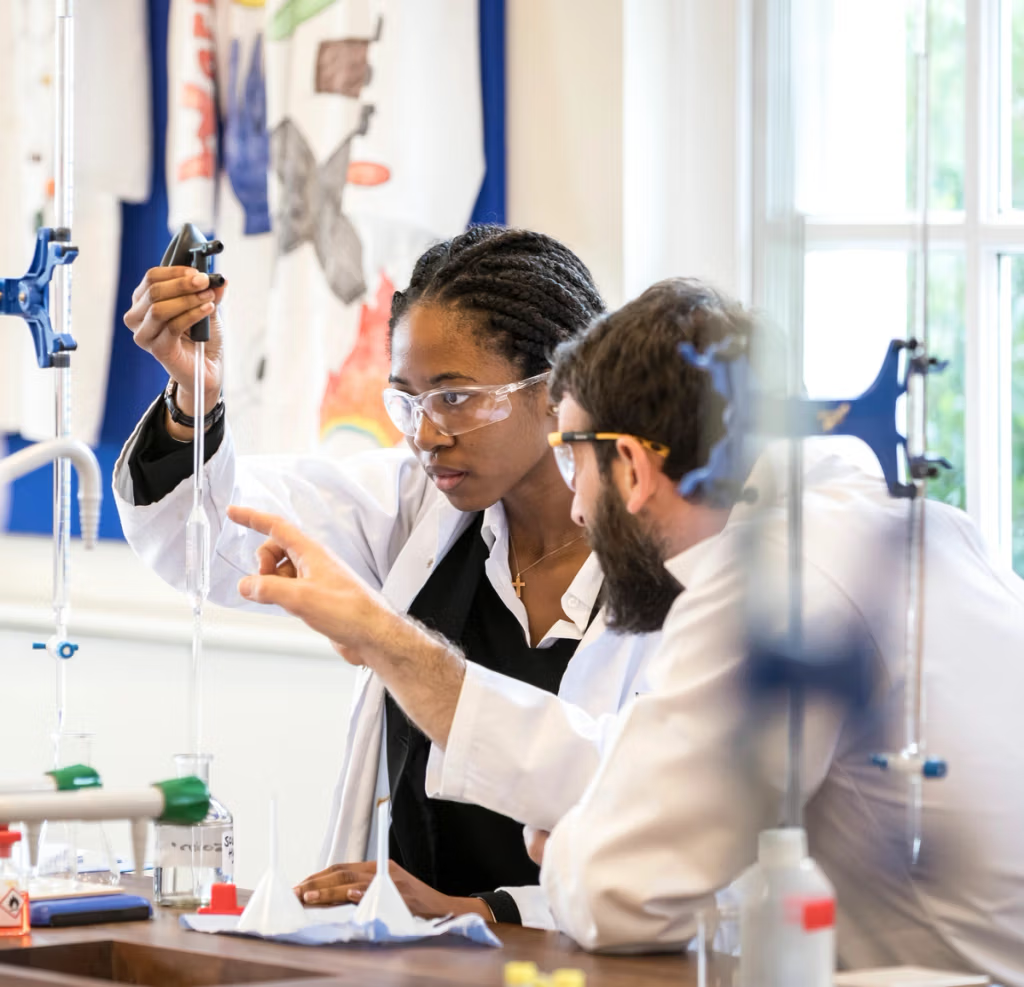
Academic
We are an academically aspirational school, where learning happens at pace and scholarship is celebrated across all subjects. The outstanding results our pupils achieve are testament to our rigorous academic culture.

Learning Support
All of us have particular areas of strength and others where we need support. For some pupils, this will mean working closely with our excellent Learning Support team as they move up through the School. The focus is always on fostering independence and supporting pupils to overcome any barriers to learning they may face.

Pastoral Care
‘If you want your child to be happy, send them to Mill Hill.’
This a sentiment we often hear from parents. We are proud of our reputation as a nurturing environment which offers pastoral care that is second to none. Our historic House system creates smaller communities and allows each pupil to receive individual encouragement and support.

Co-curricular
Our co-curricular programme is of a national standard, as recognised by Independent School Inspection. Sport, music and drama are particular strengths, with many pupils progressing onto professional pathways each year. Whether your child joins us with existing co-curricular talents or is yet to find their passion, we will help them find their niche.

Enrichment
We offer a comprehensive programme of lectures and career opportunities designed to motivate and inspire pupils across all year groups. Alongside these lectures, an extensive careers programme complements our academic curriculum, encouraging pupils to gain valuable work experience with support from our Old Millhillian network. Furthermore, our strategic partnerships, both locally and internationally, reflect our commitment to learning beyond the school gates.

Drama
Our Drama programme harnesses the transformative power of performance to build pupils confidence, leadership skills and empathy, while broadening their worldview and fostering new connections. With numerous shows each year, we welcome all levels of experience, offering every pupil a chance to shine on the stage of our Patrick Troughton Theatre.

Music
The McClure Music School offers a dynamic and inclusive music programme for all skill levels. With over 230 performances each year, including national and international tours, pupils enjoy both formal and informal opportunities to perform, cultivating a lifelong passion for music. Our Music Department features a state-of-the-art recital hall, 18 practice rooms and cutting-edge equipment, enabling pupils to fully develop their talents. Our music community also includes a choral society and a community orchestra, fostering connections with the wider Mill Hill Schools’ Group and local schools.















